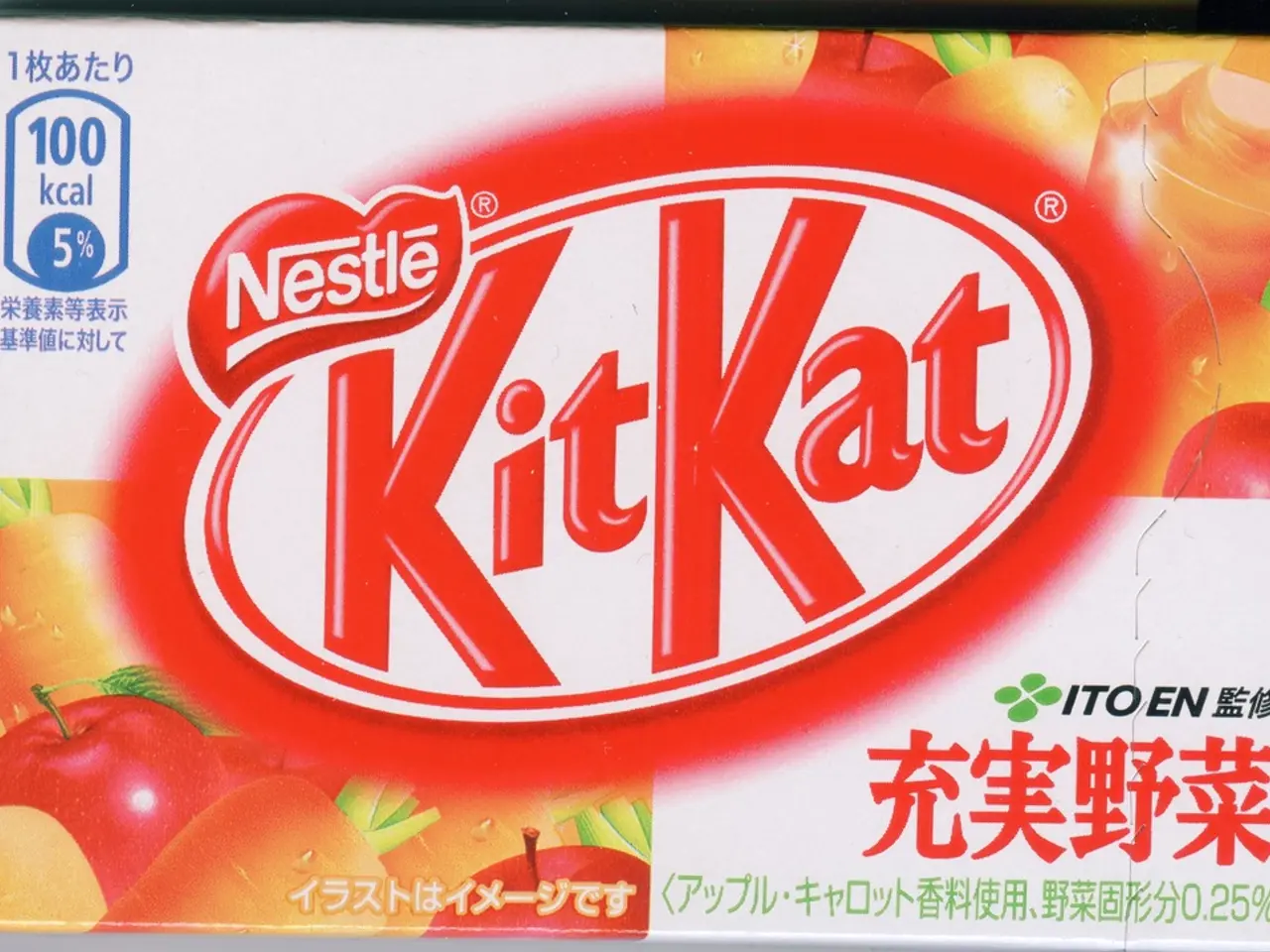Strategies to Verify the Accuracy of Your Nutritional Supplements: Expert Advice for Selecting the Best Ones
In the United States, the dietary supplement market is regulated primarily by the Dietary Supplement Health and Education Act (DSHEA) of 1994. Unlike pharmaceuticals, the Food and Drug Administration (FDA) does not approve dietary supplements before they reach the market. Instead, manufacturers are responsible for ensuring that their products are safe and not adulterated or misbranded.
The FDA does require notifications for new dietary ingredients under the Federal Food, Drug, and Cosmetic Act (FDCA). However, this does not mean that the FDA tests supplements before they are sold. Therefore, it's essential to choose supplements with a discerning eye, such as those certified by NSF International or US Pharmacopeia.
When purchasing supplements, consumers should be mindful of the following tips:
1. Check the label: Ensure that the label clearly states what the supplement contains. Be wary of proprietary blends where ingredient amounts are not specified.
2. Look for third-party verification: Choose products that have been verified by third-party organizations like NSF International or ConsumerLab.com. These organizations test for purity and potency.
3. Be aware of health claims: Be cautious of supplements that claim to cure diseases or have drug-like effects. Such claims are not regulated or approved by the FDA.
4. Consult healthcare professionals: Before starting any supplement regimen, consult with a healthcare provider to ensure it is safe and appropriate for your health needs.
5. Stay informed: Keep up-to-date with regulatory changes and safety advisories from reputable sources like the FDA to ensure you are using safe and effective supplements.
It's also important to note that manufacturers can make health-adjacent claims as long as they include a disclaimer that the claim has not been evaluated by the FDA. However, none of the organizations that test supplements for accuracy of labeling test for efficacy, that is, whether a supplement does what it claims to do.
In the vast array of supplement choices available in local drugstores, from vitamins and minerals to turmeric, fish oil, probiotics, melatonin, and combinations claiming to burn fat, cure erectile dysfunction, and boost memory, not all are necessary for most healthy individuals. In fact, most healthy people probably don't need to take supplements, even a multivitamin.
When in doubt, it's always a good idea to consult with a healthcare professional and let them know about any supplements you are currently taking. Some supplements can interact with certain medications or should not be used by people with certain health conditions. Additionally, supplements past their expiration date are unlikely to have the correct amount of active ingredients as listed on the label.
By following these tips and staying informed, consumers can make informed decisions about dietary supplements in the absence of pre-market FDA approval.
- For effective health-and-wellness, it's advisable to choose supplements that have been certified by third-party organizations like NSF International or US Pharmacopeia, as they test for supplement purity and potency.
- Despite health-adjacent claims, it's crucial to remember that the FDA does not evaluate the efficacy of dietary supplements, meaning they don't ensure they do what they claim to do.




